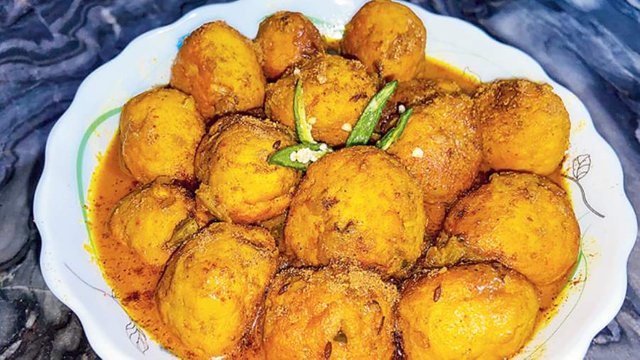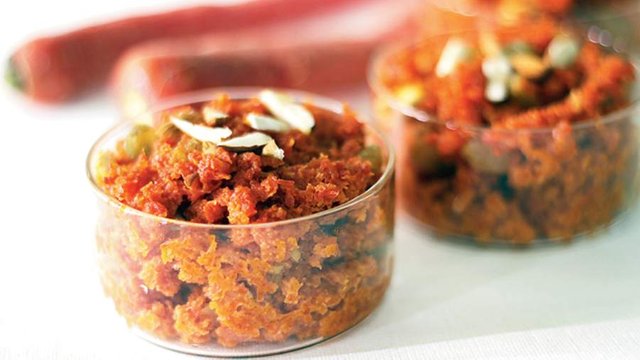we will celebrate our historic 75th Independence Day with a level of grandeur, pride, and joy never before seen. There seems to be a lot of excitement this year among the general populace, especially since it will also mark the most grandly observed national holiday in the past two years. This is because during that time, we were engaged in a battle to defeat the cruel and cunning coronavirus, which some have referred to as the second battle for independence, and emerged unscathed and stronger.
As we are all aware, the British controlled India for nearly 200 years and significantly influenced its political, social, and economic landscape. No aspect of the lives of common Indians remained untouched or unaffected by British rule, and the impact—whether positive or negative—is still felt today.
A completely new cuisine, known as Anglo-Indian cuisine, was eventually created as a result of the British additions to the local food in addition to their general cultural influence. There is no culinary debate that British food does not generally serve as a source of tremendous inspiration for cooks, and few few British dishes can be regarded to have achieved significant international culinary acclaim.
Even the CTM (Chicken Tikka Masala), a curry that is frequently referred to as "Britain's true national dish," is an ingenious addition to the otherwise uninteresting British cuisine from the Indian subcontinent.
Let's talk about the British Raj's culinary contributions in this article and see how, while taking away the majority of our valuables, they left us with certain food inventions that still form the foundation of most of our modern cuisine.
The Kohinoor was taken away by the British, who instead handed us club sandwiches. It must be acknowledged that our city, Kolkata, which served as the colonial capital of British India for about 140 years, had the closest contact with the culinary customs of the time and was most influenced by Western culture in general and food culture in particular. There are still several institutions in Kolkata that date back to the "British times" and uphold their traditions.

